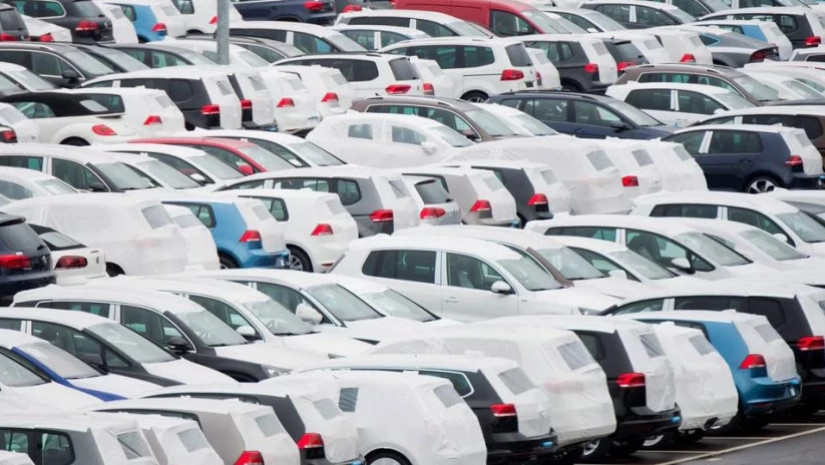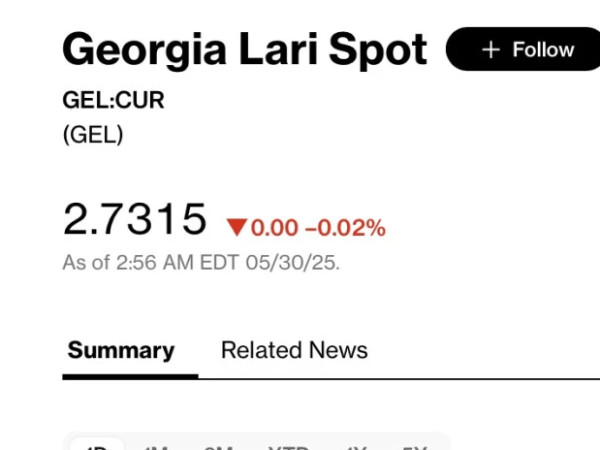The European Automobile Manufacturers’ Association (ACEA) has reported a 1.9% decline in new EU car registrations in Q1 2025 compared with Q1 2024.
March 2025 figures show a 0.2% year-on-year decrease.
According to the industry body, this decline reflects the challenging global economic environment impacting automakers.
ACEA represents 16 major Europe-based vehicle manufacturers, including BMW, Daimler Truck, Ford, Stellantis, Volkswagen, and Volvo.
Battery-electric vehicles (BEVs) accounted for 15.2% of total EU market share in Q1 2025, up from 12% in the same period the previous year.
A total of 412,997 new BEVs were registered, marking a 23.9% increase in volume.
Growth was largely driven by three of the EU’s largest markets—Germany (+38.9%), Belgium (+29.9%), and the Netherlands (+7.9%). In contrast, France recorded a 6.6% decline in battery-electric registrations.
Hybrid-electric vehicles maintained their position as the most popular powertrain type, capturing 35.5% of the market.
Registrations rose by 20.7% year-on-year, with strong growth in France (+47.5%), Spain (+36.6%), Italy (+15.3%), and Germany (+10.5%). This amounted to 964,108 units registered in the first quarter.
The combined market share of petrol and diesel cars fell to 38.3%, down from 48.3% in the same period in 2024.
Plug-in-hybrid electric car registrations grew by 1.1% in Q1 2025, totalling 207,048 units.
Germany and Spain contributed to this growth, resulting in a 7.6% market share for plug-in-hybrids, up from 7.4% in Q1 2024.
March 2025 saw a year-on-year increase of 17.1% for BEVs, 23.9% for hybrid-electrics, and 12.4% for plug-in-hybrids.
Petrol car registrations declined by 20.6% in Q1 2025, with France experiencing the steepest drop at 34.1%.
Germany, Italy, and Spain also saw declines.
The petrol market share fell to 28.7%, down from 35.5% the previous year.
Diesel car registrations decreased by 27.1%, resulting in a 9.5% market share. March 2025 year-on-year figures showed a decline of 20.7% for petrol and 25.5% for diesel.


















